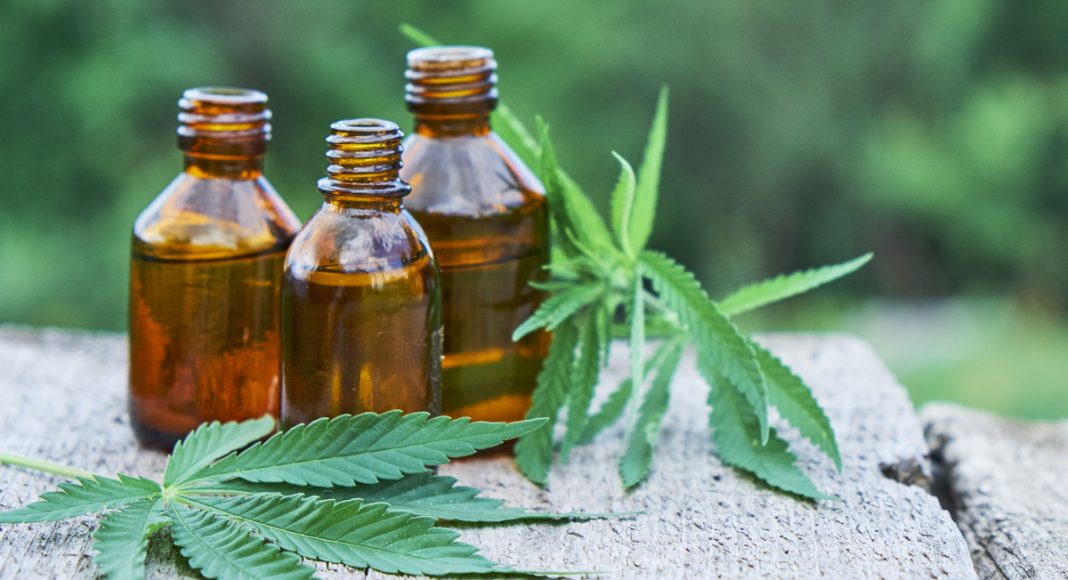When the DEA moved last week to put GW Pharmaceuticals new cannabidiol (CBD) derived drug Epidiolex into a Schedule V, the listing did not include any other products containing the CBD compound. But this was not the initial recommendation of the U.S. Food and Drug Administration (FDA), which advised the agency to eliminate CBD from the restrictions of a controlled substance on the basis that it is not in the same league as a dangerous drug.
But the DEA was clever in its approach to the Epidiolex deal. Last week, the agency said in an official post in the Federal Register that, “this order places FDA-approved drugs that contain CBD derived from cannabis and no more than 0.1 percent tetrahydrocannabinols in schedule V.” Although CBD is a non-intoxicating component of the cannabis plant, it still contains 0.3 percent of the intoxicating THC. Not enough of it to get anyone high, but just enough to prevent this substance from reaching total legality.
Still, the FDA wrote in a letter to the DEA earlier this year that “CBD and its salts… do not have a significant potential for abuse and could be removed from the [Controlled Substances Act].” The letter also mentioned that eliminating CBD from the ranks of dangerous drugs would be a violation of International drug law. The treaties from which this law is comprised gives participating nations the freedom to legalize marijuana and its compounds for medicinal and research purposes. The 1961 Single Convention on Narcotic Drugs, however, does not offer any flexibility when it comes to total legalization.
Citing those treaties, the DEA said that pulling CBD from its rank of a controlled substance would put the United States in breach of the law. The FDA then amended its recommendation to suggest CBD be listed a Schedule V, which is the least restrictive classification, as it labels the substance as having “currently accepted medical use in treatment” and “negligible potential for abuse.”
In the end, the FDA wrote, “we find that CBD does not meet the criteria for placement in any of Schedules II, III, IV, or V under the CSA.” It went on to say that the second the treaties were no longer an issue, the CBD listing should be reexamined.
This is not the first time the two federal agencies have clashed on marijuana. Two years ago, after the DEA rejected a petition to reschedule the cannabis plant, it was revealed that the FDA had recommended the Justice Department reevaluate “the legal and regulatory framework” it employs when determining whether a substance belongs in a Scheduled listing.
“While potentially daunting (depending on its nature and scope), re-evaluation of the legal and regulatory framework by DOJ/DEA and [U.S. Department of Health and Human Services] could identify ways to encourage appropriate scientific research into the potential therapeutic benefits of marijuana and its constituents,” it continues,” the letter reads.
However, the proposed reassessment has never happened. Still, the DEA asserts it “will continue to support sound and scientific research that promotes legitimate therapeutic uses for FDA-approved constituent components of cannabis, consistent with federal law.”
Essentially, this means that drug companies like GW Pharmaceuticals will be given the opportunity to dominate Uncle Sam’s concept of a medical marijuana market while state sanctioned programs remain a violation of federal law.


